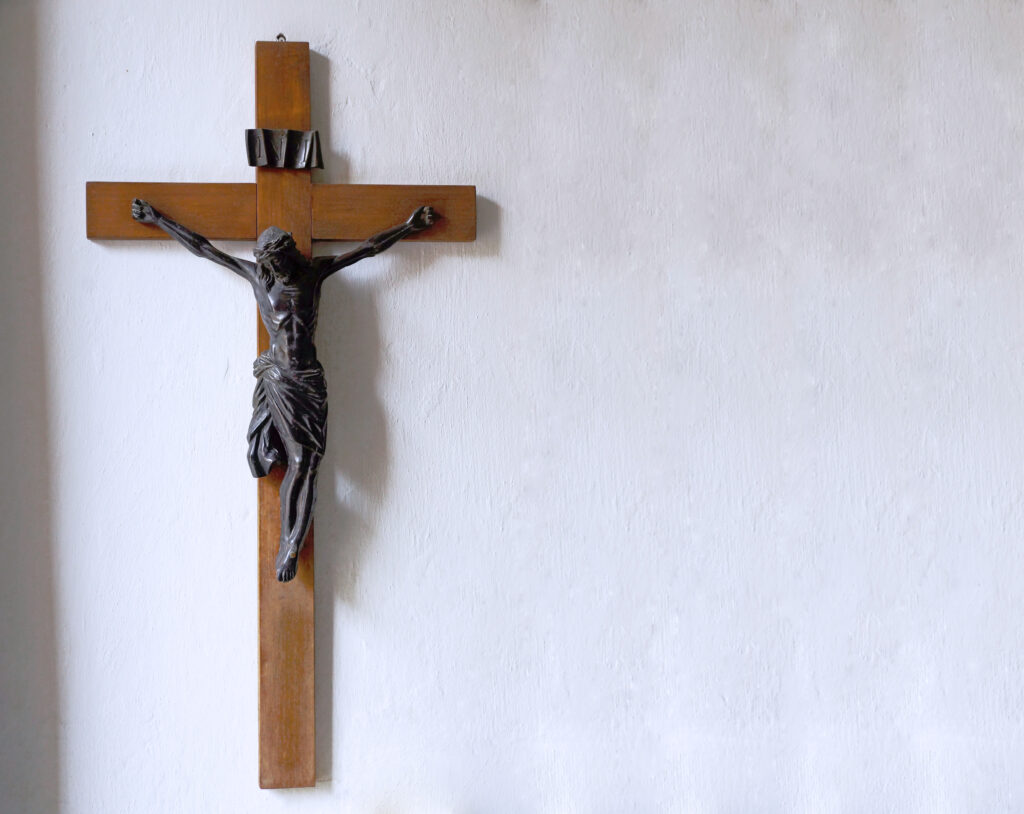As the court cases in connection to the fraudulent privatisation of three of Malta’s state hospitals continue, some locals believe another hospital-related line has been crossed.
This time, though, the issue is the supposed removal of crucifixes from wards.
On Sunday 28 July, several Facebook users shared posts claiming that Mater Dei Hospital, Malta’s national hospital, was removing all crucifixes from its walls. As expected, some blamed this on foreigners, a reaction perhaps made worse by the fact that one post making the claim purported to be by a person of Arab descent.
Mater Dei quickly issued a statement denying the allegation, clarifying that some crosses have been temporarily removed due to maintenance work.
Claims about the removal of crucifixes from public spaces crop up from time to time. In 2009 the University of Malta was forced to issue a denial after rumours spread about crucifixes being removed from its lecture halls.
The issue reemerged two years later, after a European court overturned a controversial decision banning crucifixes from Italian classrooms. The decision was welcomed by both Malta’s government and opposition of the day.
In 2015, then-opposition leader Simon Busuttil told an interfaith conference that he would never accept the removal of crucifixes from public spaces, although he admitted that his party needed to be more accepting of other religions.
The debate once again arose in 2019, when an order to remove all religious symbols from health centres was issued. The order was revoked on the orders of then-health minister Chris Fearne, who argued that politicians should not hinder religious expression.
All this being said, this case once again illustrates how even the most unfounded rumours can spread far and wide when they play upon people’s emotions.







